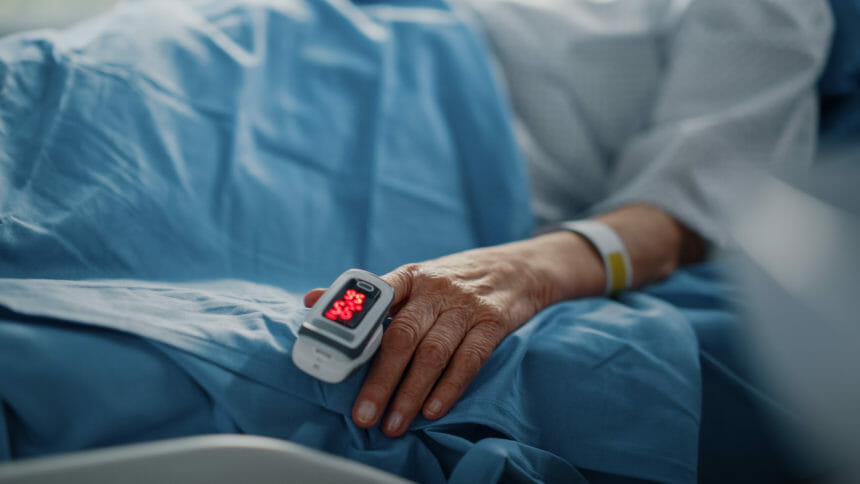
U.S. clinicians may have to wait longer to receive a steady supply of highly anticipated COVID-19 antiviral pills as they continue to struggle to manage the omicron variant surge, according to various news sources.
Paxlovid and molnupiravir, which received federal emergency use authorization in December, were found to reduce the risk of hospitalization and death when given to COVID-19 patients early in the disease course. The availability of the oral drugs is expected to have a wide-ranging impact on COVID-19 treatment. Only infused and injected drugs so far have been available during the pandemic.
But the pills remain in short supply, mainly because they were not stockpiled in the way that COVID-19 vaccines were when first approved, according to the Associated Press. The U.S. government has recently increased its orders of these drugs and of monoclonal antibody treatments.
So Americans now await production and shipment. In the case of Paxlovid, the most effective of the two antiviral pills, only 160,000 courses have been made available, according to CNN. The drug takes up to eight months to manufacture. Drugmaker Pfizer will be able to supply about 250,000 courses by the end of January, and a purchase of 20 million is expected to be ready for delivery by June. In the meantime, the existing supply is reserved for patients at high risk of severe disease, the AP reported.
There is more stock of molnupiravir, of which the government ordered 3.1 million courses in November. But the drug has a lower efficacy, reducing risk of hospitalization and death by 30% when compared to 88% with Paxlovid.
Some states have sent their allocations of Paxlovid to pharmacies who serve nursing homes, including Ohio and Nevada, according to The New York Times. Many others “have sent most or all of their initial Paxlovid supplies to pharmacy chains like Walgreens and Rite Aid” in the hopes that this will help the pills reach a wider swath of people, it reported. But there may be too few in the pipeline for now to make more than a dent in the need for treatments.




